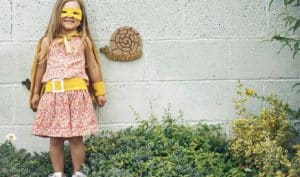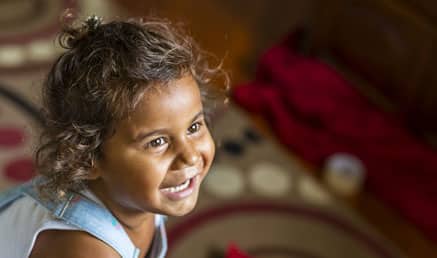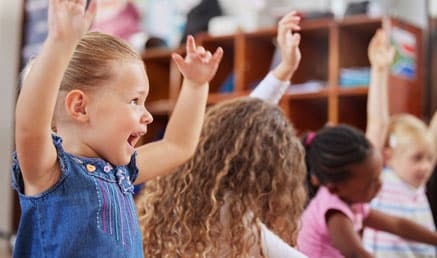
“It’s our polite nudge in the ribs to help you and your team stay organised and on task.”
This week’s subject is Program learning opportunities
Element 1.1.3: All aspects of the program, including routines, are organised in ways that maximise opportunities for each child’s learning.
Does your service and educators implement a holistic approach to developing and implementing a high-quality program that enhances children’s learning in all aspects of service delivery?
Learning opportunities are presented throughout each day, routine, conversation, transition and experience. For children to gain the most from these opportunities, educators must be intentional in their actions by recognising ways in which they can extend on children’s learning and development.
The Early Years Learning Framework V2.0 and The Framework for School Age Care, My Time Our Place V2.0 detail intentionality as “being thoughtful and purposeful in actions and making decisions and is something that both children and educators can do. Children are intentional in their thinking, ways of communication and learning and at times lead their own learning and the learning of others. Educators are intentional in the roles they take in children’s play and the way they intentionally plan the environment and curriculum experiences”.
Educators who engage in intentional actions recognise that learning occurs in social contexts, and that interactions and conversations are vitally important for learning. They actively promote children’s learning through worthwhile and challenging experiences and interactions that foster high-level thinking skills.
Children benefit most when educators provide opportunities for spontaneous, uninterrupted play and learning experiences. Educators support and enhance children’s learning by engaging in purposeful open-ended conversations, challenging children’s thinking and enriching their learning.
Daily routines and transitions provide endless learning opportunities. Educators use these opportunities to extend children’s thinking, curiosity, language, promote problem solving, support social emotional development, connectedness and a sense of belonging.
Documentation:
Evidence of how educators maximise children’s learning in all aspects of service delivery can be documented in:
- Educational program and evaluations
- Observations
- Meeting minutes
- Daily diary
- Portfolios
- Reflection journal
- Policies
Resources:
EYLF: Play Based Learning and Intentionality
Finding the balance: Play-based learning and intentional teaching
Learning Through Play and Leisure
Routines & Transitions: Embracing Opportunities for Learning
MTOP- Play, Leisure and Intentionality
Within System7 go to Quality Area 1/Module 3 to submit self-assessment notes and if required, open a QIP issue if you identify any areas of improvement.
The Childcare Centre Desktop has a range of resources to support the Educational Leader and Educators with creating a cycle of planning that is child centred, thoughtfully planned, meaningful, challenging and engaging for all children. These include Educational Program policies and procedures, Assessment and Planning Cycle Guide and Procedure, Observation records Assessment and Planning Cycle audits, Critical Reflections Template and more.
Resources, NQS Element, Regulation and System7 links:
Childcare Centre Desktop – Educational Program and Practice
National Quality Standard – QA1 / Element: 1.1.3
National Regulations – 73, 74, 155, 156
System7 Module – QA1 / Module 3
If you have any questions send us a note via the Contact page here!




